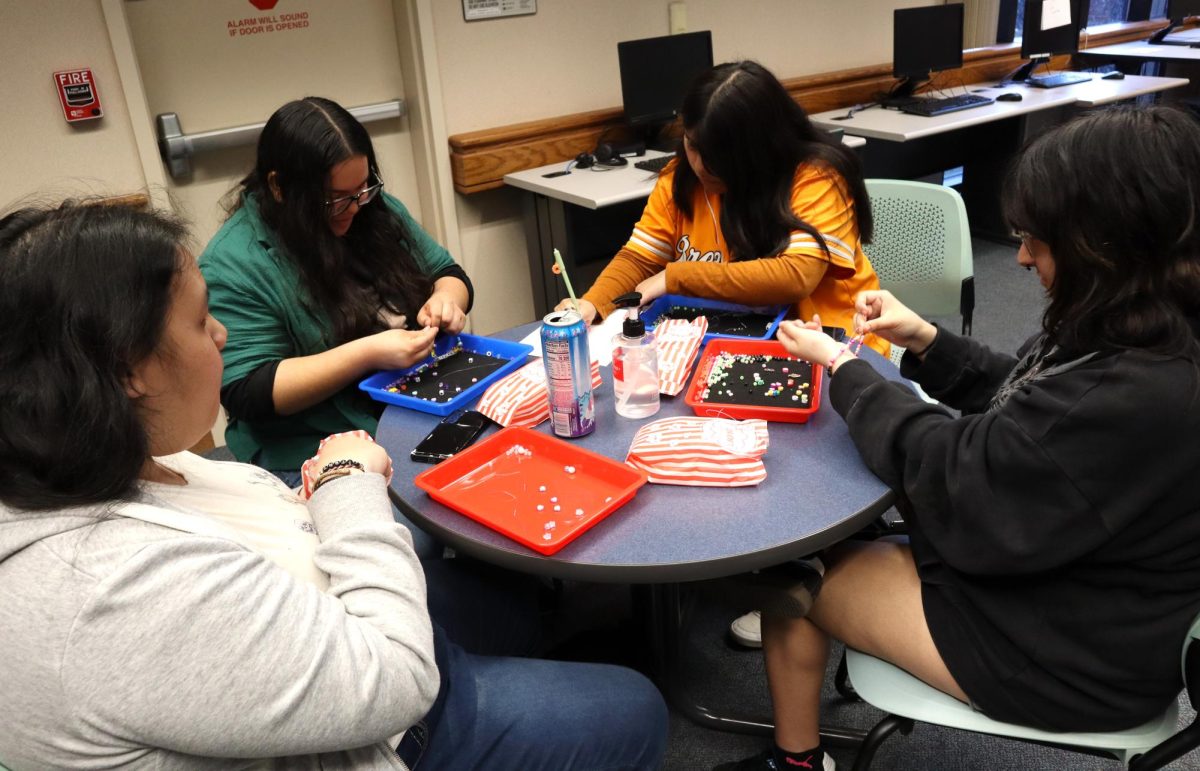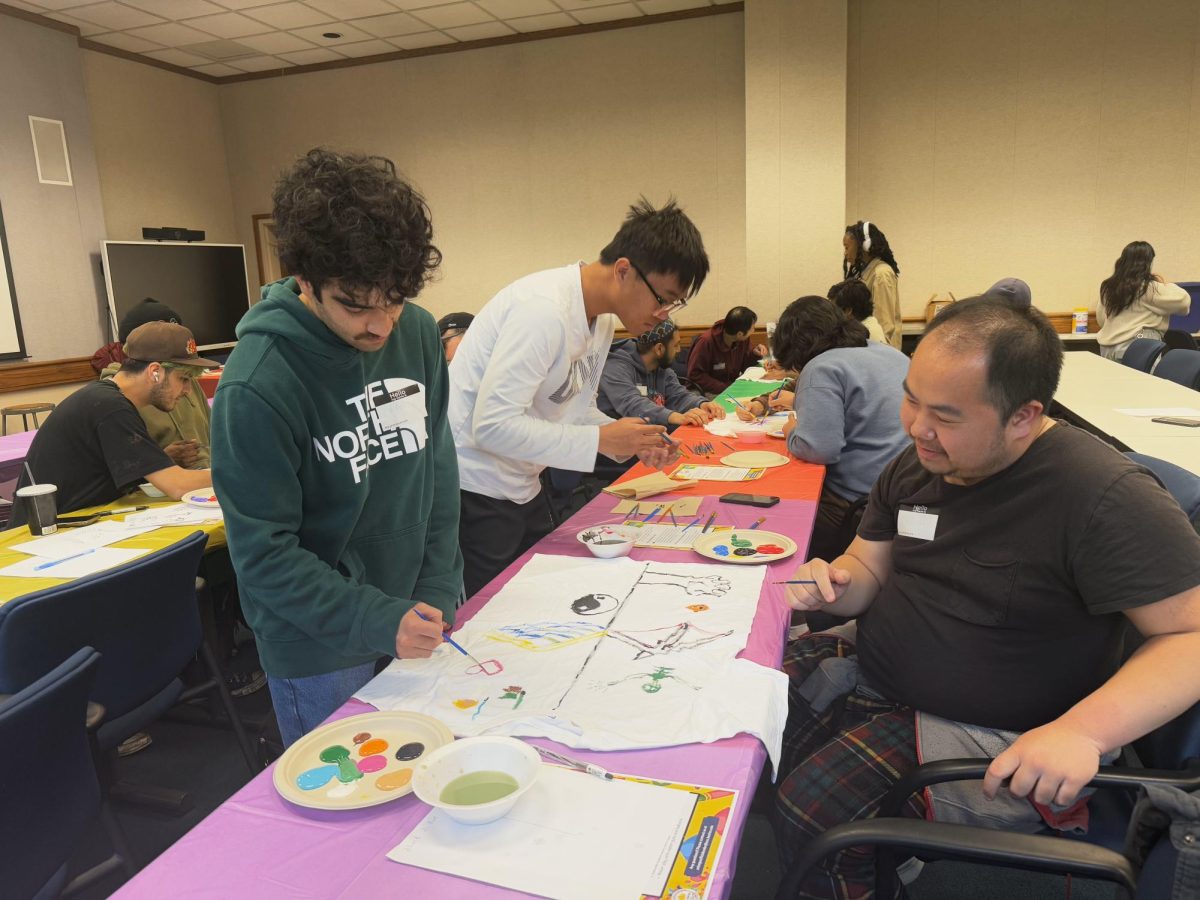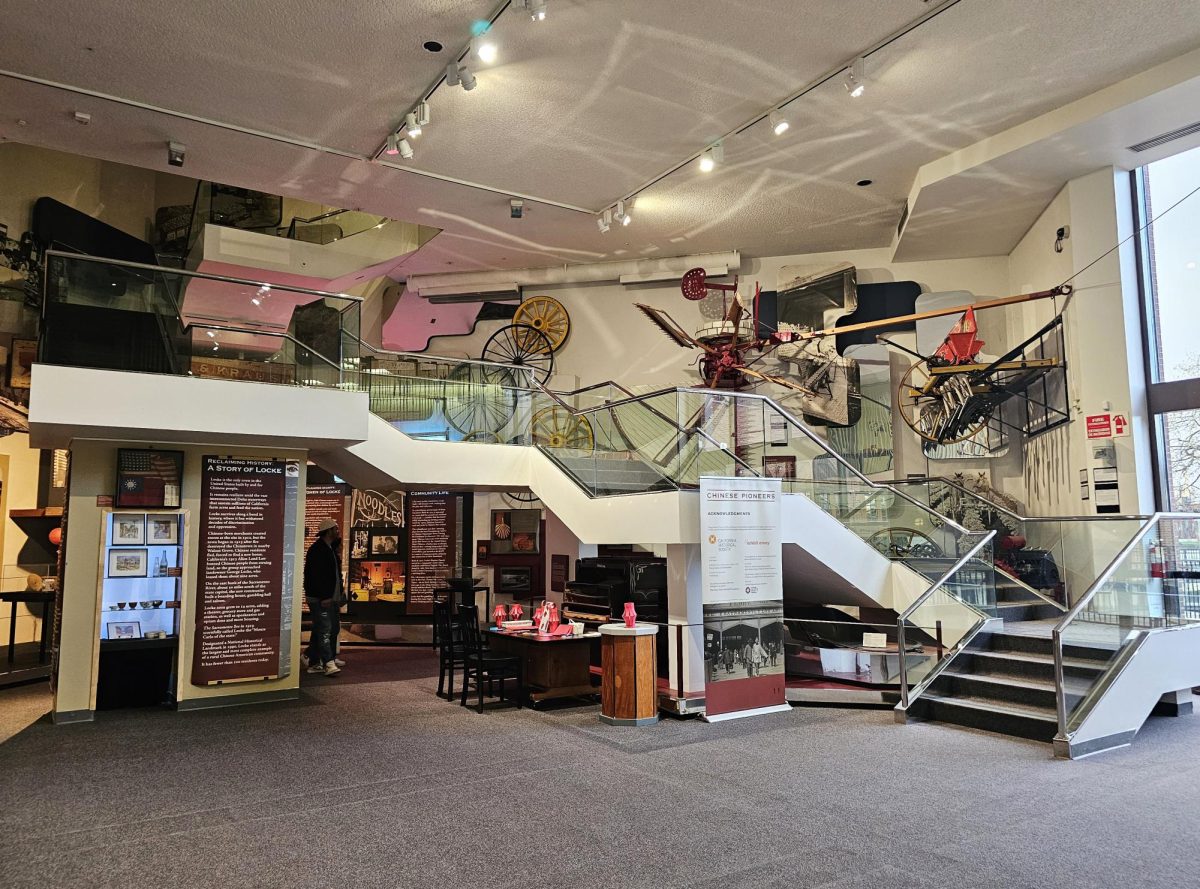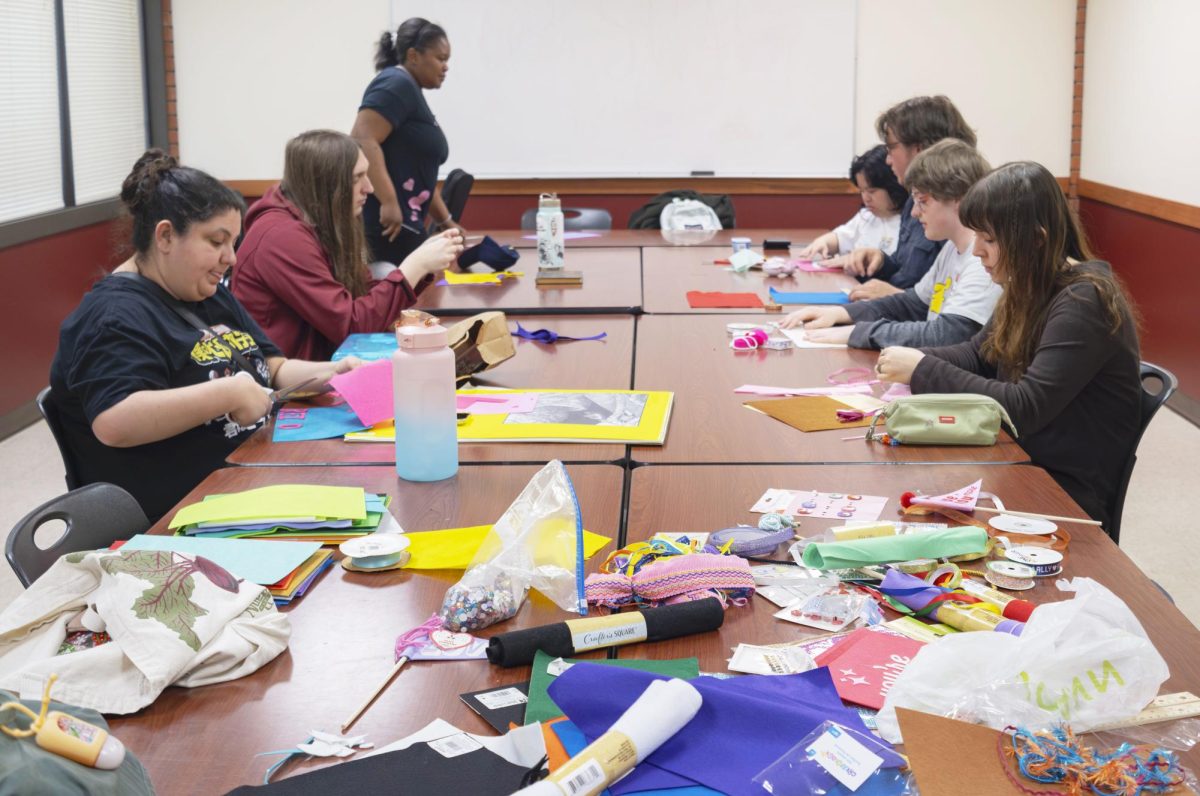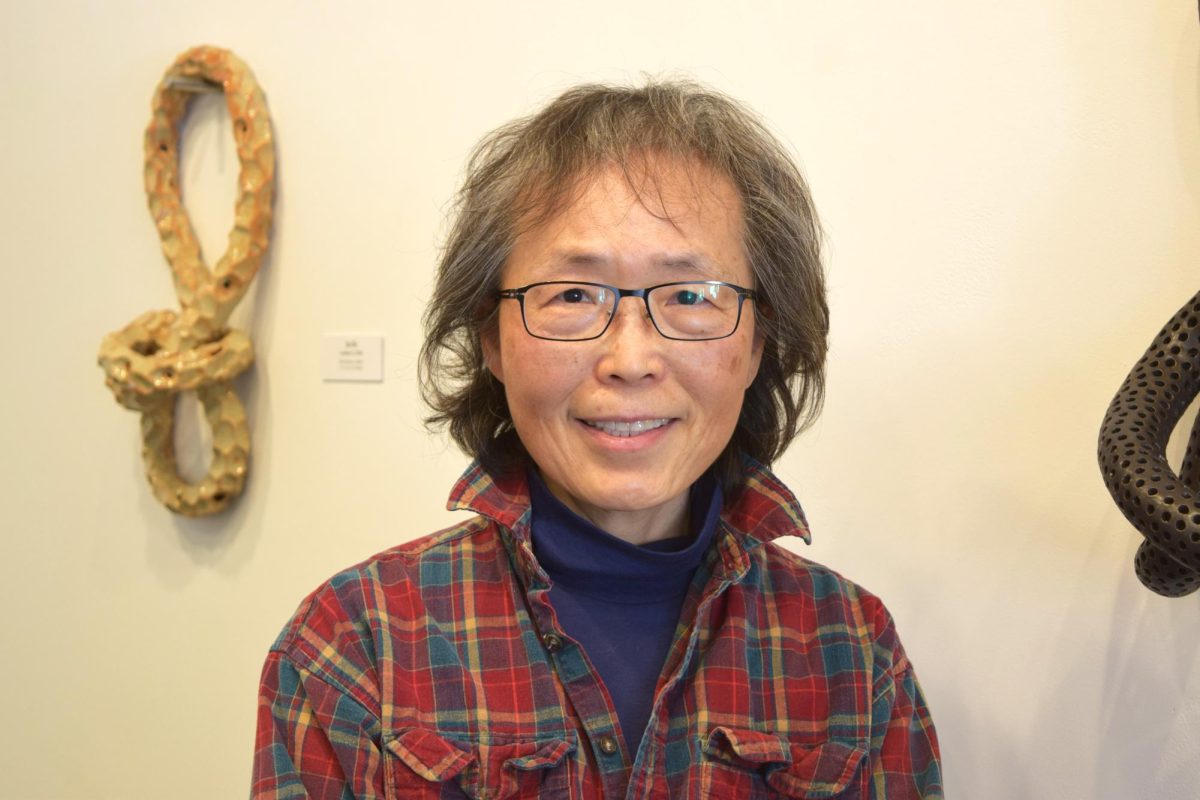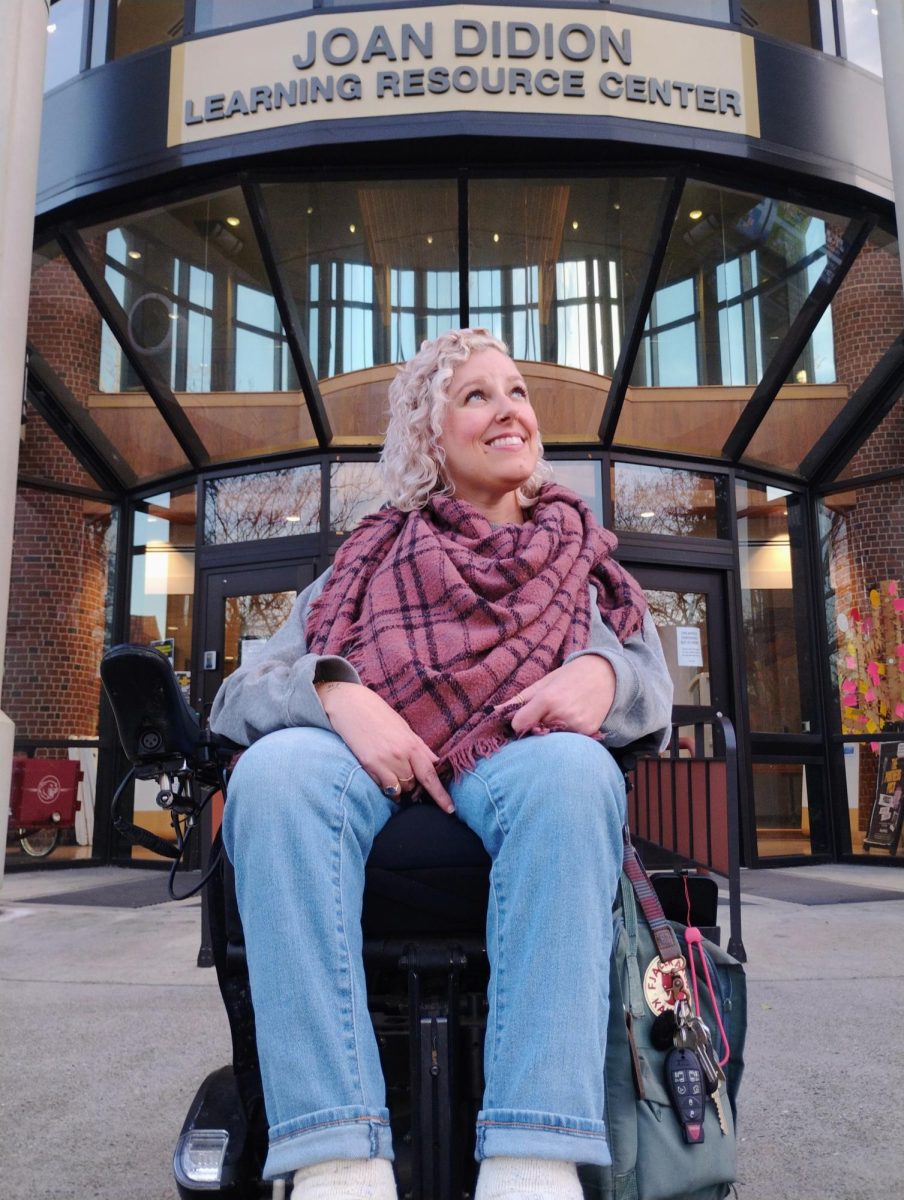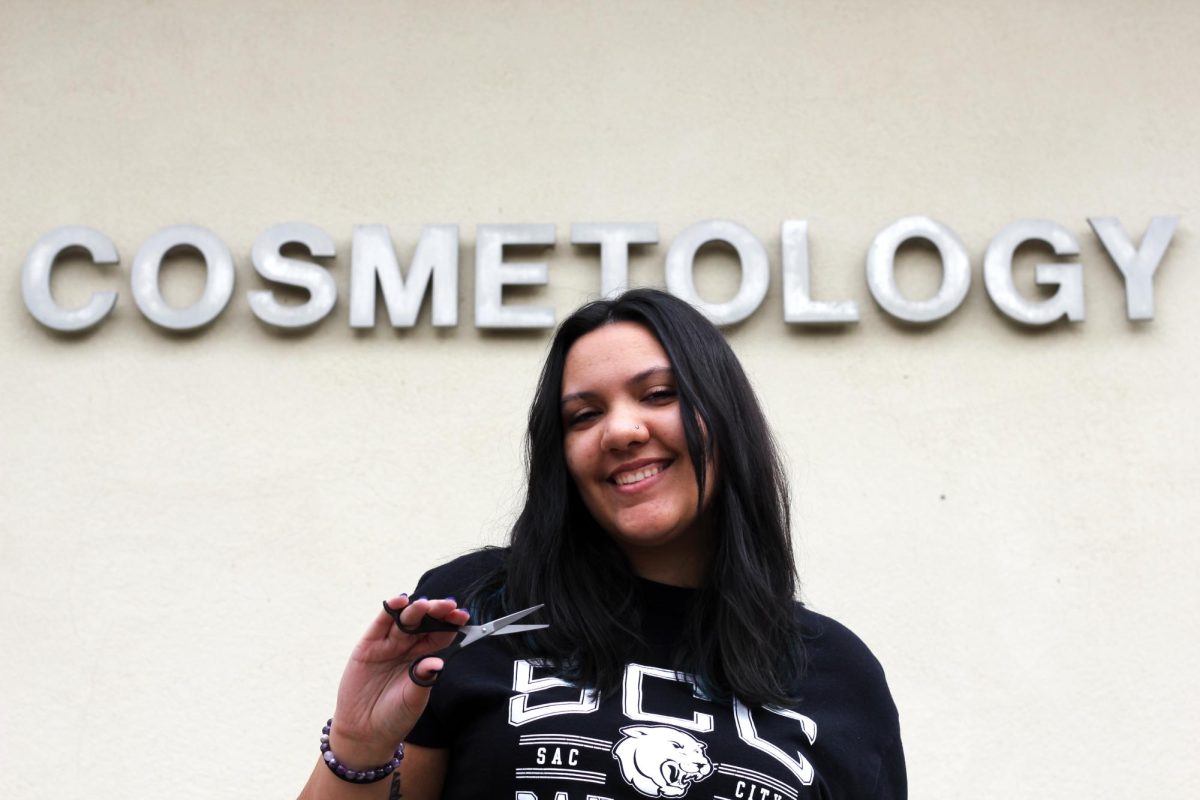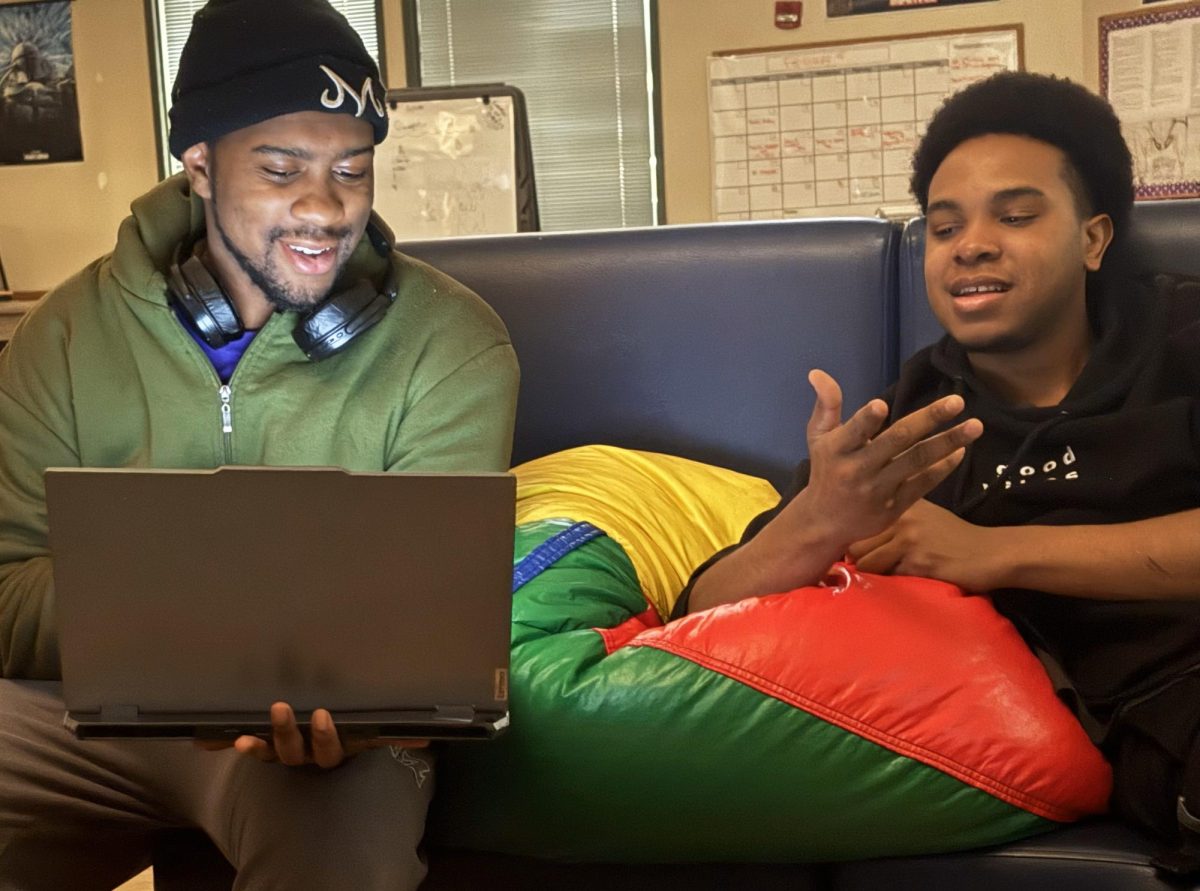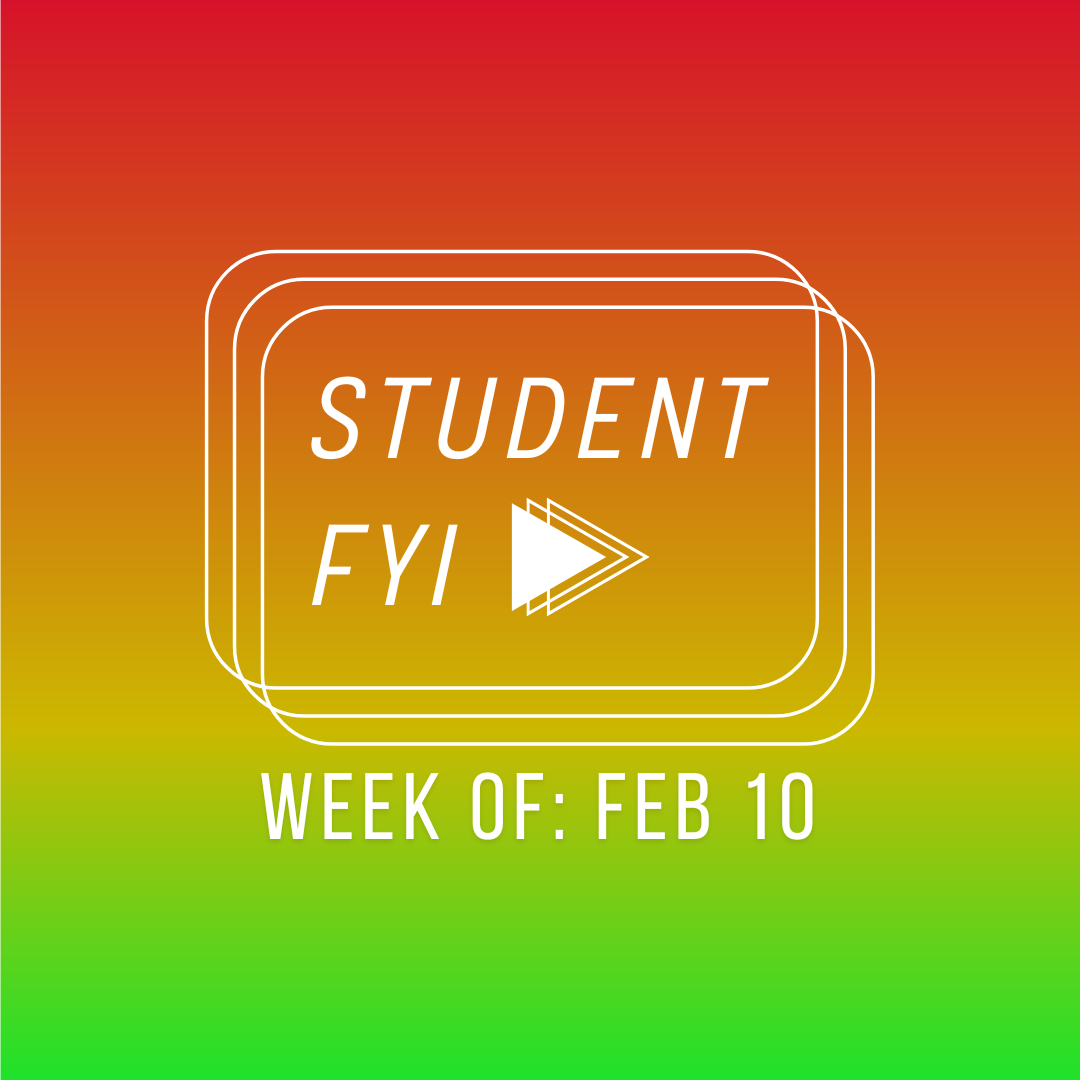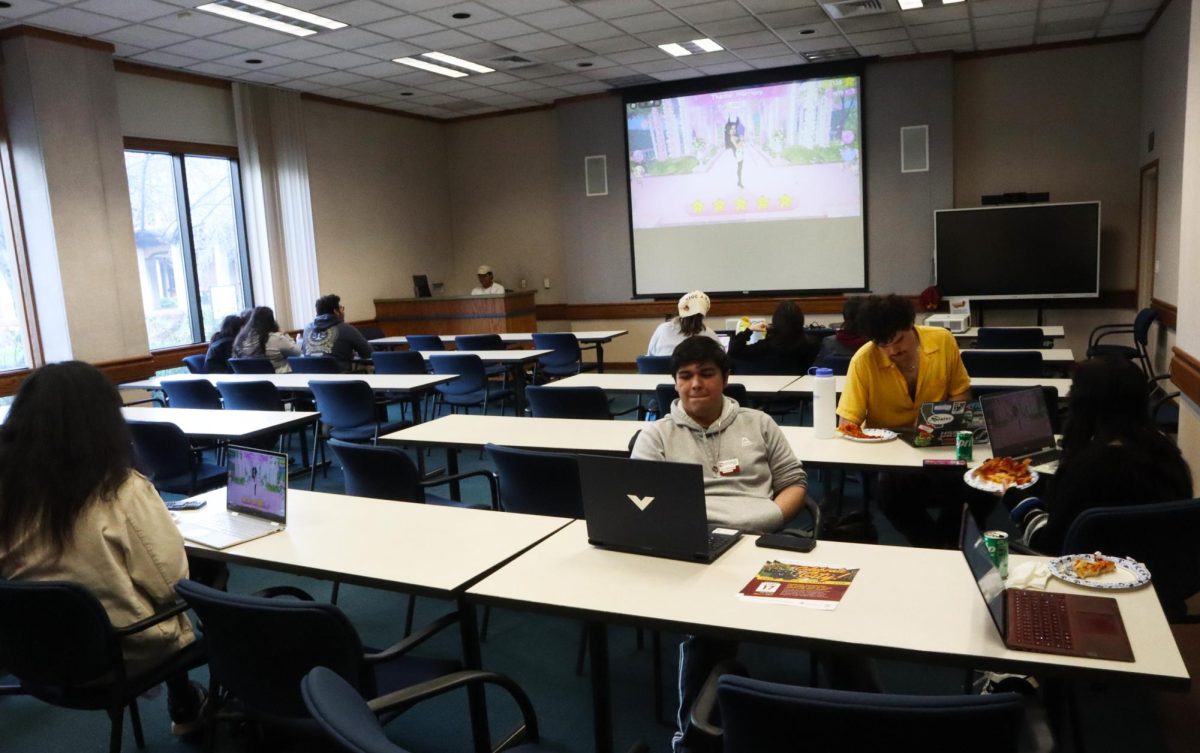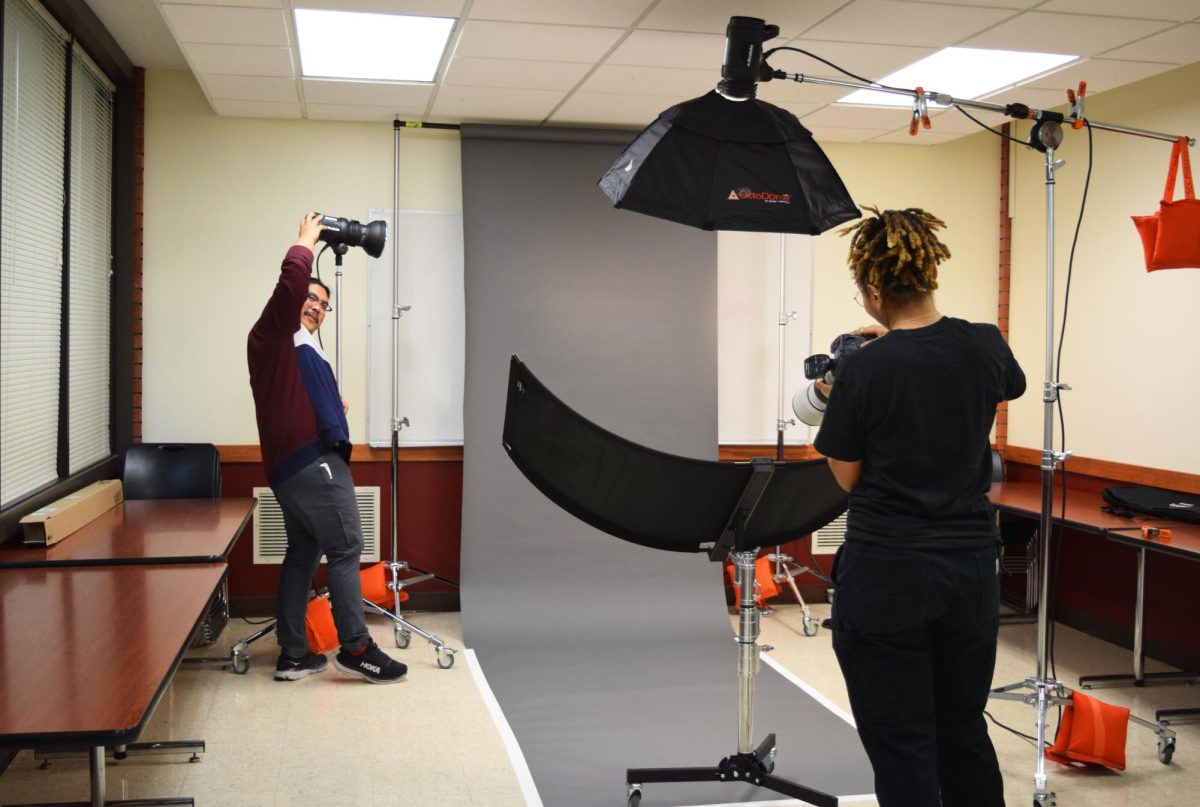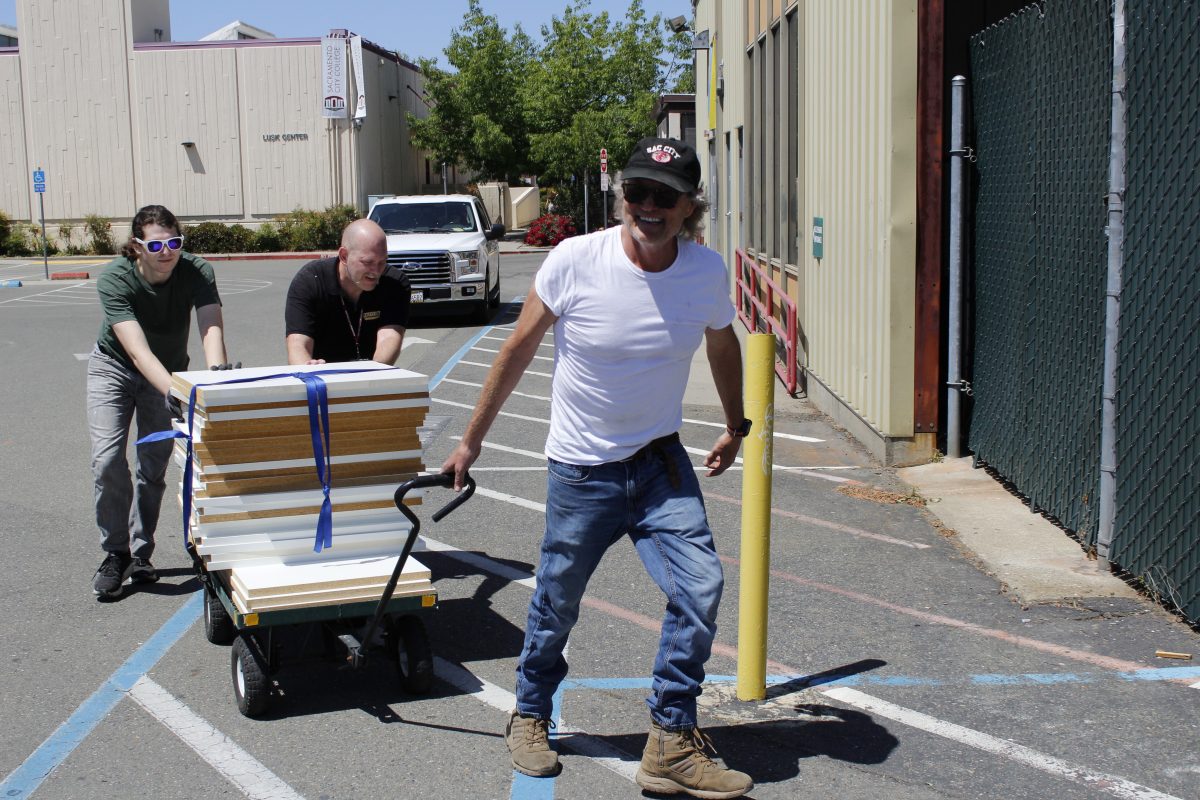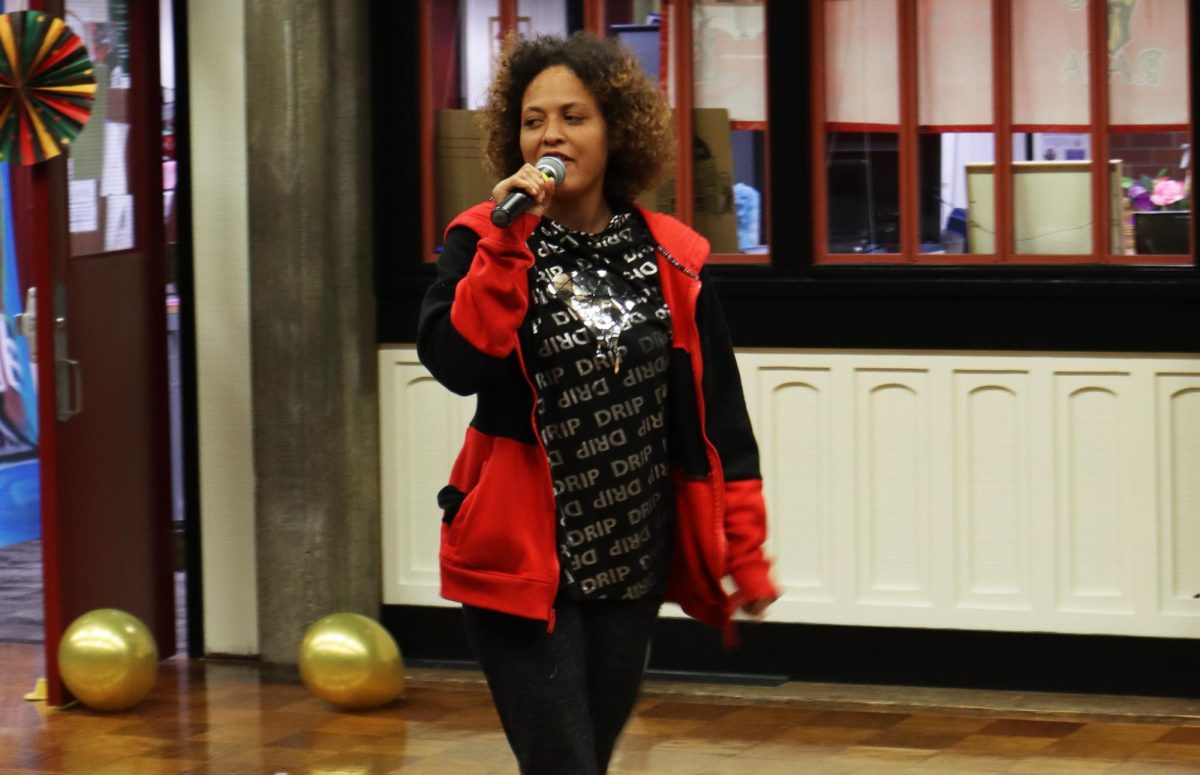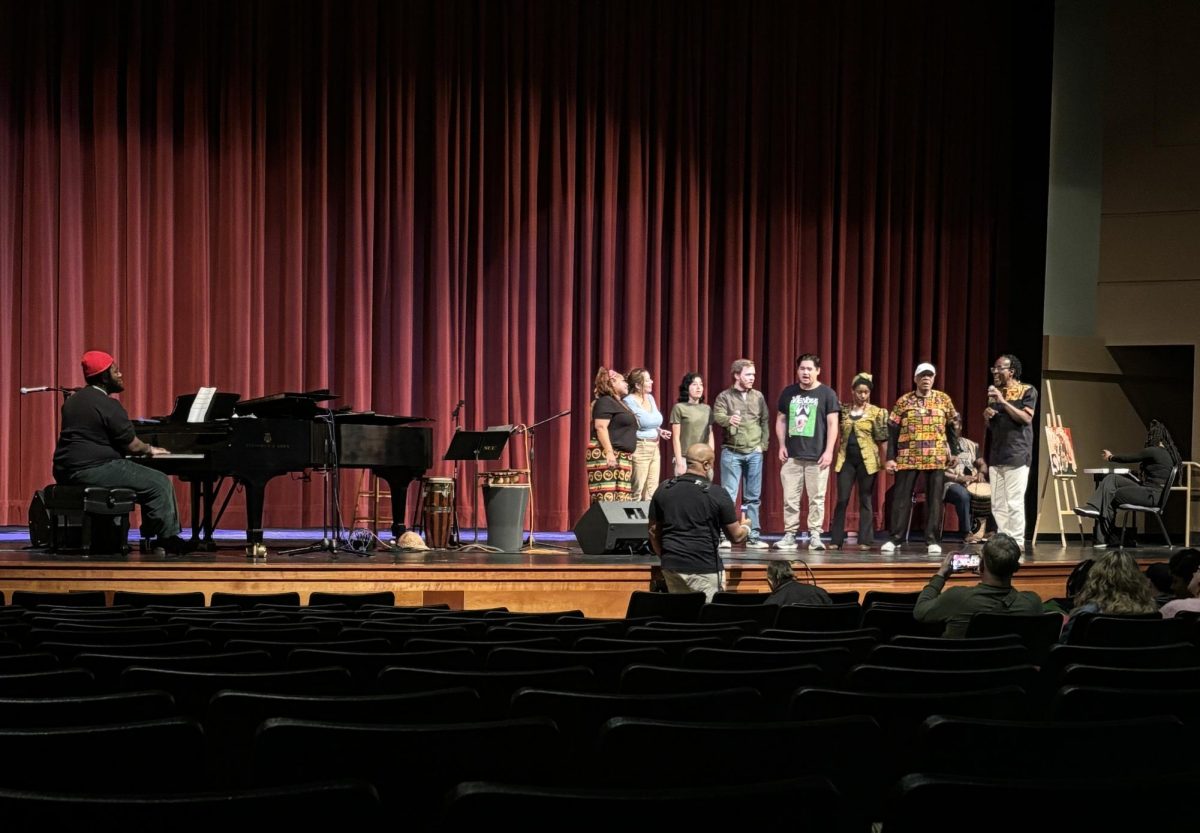The City College Makerspace has been closed since the start of the pandemic, but the program’s faculty has big plans for the near future as they relocate to a space on campus that is close to three times larger than the one before it.
The Makerspace is a program and communal space on the City College campus that endorses invention, innovation, inspiration and inclusion. There, students can take part in multi-disciplined collaborative learning in a wide variety of subjects.
In 2021, Newsweek and Make placed City College on their lists of the top 200 maker schools out of 2,000 communal makerspaces around the world. Make is a media organization that promotes DIY culture, what they refer to as the “maker movement.”
The concept of the makerspace is nontraditional, project-based learning in a positive environment. It’s a place with an ethos for dreamers and skill builders.
At the time of its opening on May 4, 2018, Makerspace was located in two small unused classrooms in the cosmetology building that take up 2,300 square feet. Since then, classes that once occupied Building 1 moved into Mohr Hall, leaving the 5,800-square-foot space available to the Makerspace.
Along with a fresh coat of paint, investments in the new and improved Makerspace include expanding the fabrication lab, innovation and coding hub, and small-business incubator. Once reopened, the Makerspace will continue to help students pursue their passions.
The program expects a partial re-opening in the fall 2022 semester, and a full reopening in the spring 2023 semester, says Tom Cappelletti, the City College design and digital media professor who helped to start the program.
The Makerspace was initially funded by a grant from the California Community Colleges Chancellor’s Office in 2017 when City College participated in a competition that awarded 20 schools with funds to start makerspaces.
Cappelletti started the program by writing up pitches and proposals for the grant. Cappelletti says he felt confident that the school would receive the grant because of its diverse, lower-income student demographic.
When Cappelletti was a product design student at UCLA there were workshops on campus that were welcoming to students who wanted to explore their passions, similar to makerspaces today. Universities like UCLA have well-established makerspaces on their campuses, so Cappelletti found that the concept would work just as well at City College.
The services available to students at the Makerspace are rarely offered to community college students. He and the staff at the Makerspace hope that the program will inspire students and usher them into a bright future.
“The next great inventor is going to be someone that knows how to use their hands, not just their mind, to mock up and build something” says Cappelletti.
The Makerspace provides a hands-on education that trains students to use tools in a variety of areas, including the study of electronics technology and craft skills.
At the Makerspace students form skills in electronics technology, engineering, digital fabrication, 3D design, virtual reality, and the use of microcontrollers such as Arduino and Raspberry Pie, microcomputers that control the functions of machines and robots.
The crafts taught at the Makerspace include digital fabrication, full-color fabric printing and dyeing, furniture making, embroidery, cooking, creating banners and stickers, leather tooling, vinyl cutting and more. “What you want is this blend of art and craft and technology and shop,” Cappelletti says.
All that students have to do to use the Makerspace is be enrolled in the Los Rios Community College District and go through safety orientations before using equipment. The use of all materials there is free of charge to students.
“If you get a little taste for playing with some of this stuff, it may light something up in you you didn’t realize you really enjoy doing, and then you’re gonna go pursue that field,” says Makerspace Instructional Assistant and Trainer, Judy Coates-Perez.
Students use these craft skills to make money by selling the products they make on websites such as Etsy, and at crafts fairs and farmers markets. A concept for a future club is Side Hustle, where students will design products to sell. The Makerspace also wants to hold on-campus swap meets in the future.
Over 100 internships have been created by Cappelletti and Makerspace. In their internships, students have done design sprints for Vision Service Plan of California, a manufacturer of eyeglasses that is one of the largest employers in Sacramento. It was like a class, except each student who took part in the internship was paid $250 for their participation.
The engineering shop at the Makerspace involves the use of digital fabrication with the use of CNC machines.
With manufacturing industries needing skilled workers who can use tools like CNC machines, the Makerspace is where students have the opportunity to gain foundational experience for careers in those fields.
City College students have used their experience from the Makerspace in higher education and to gain employment at companies where skilled workers are in high demand. It’s a place where students can explore their dreams and see tangible results.
“You can come in with an idea and [have] no idea how to make it, and we work with people to make that happen,” says Makerspace lab technician, Cass Tavianini. “It’s sort of an idealist mentality, but we really can push ideas and dreams into something visible that you can pick up and hold and say ‘I did this,’ and be proud of it.”
In the Makerspace’s engineering club and robotics club, the practical use of mathematical skills in engineering and design skills is taught to students when there are no classes that teach these skills. Because of this, professors in physics and math have brought students to use the Makerspace for a hands-on approach to learning.
Even though the Makerspace hasn’t been available for students to use during the two years since the pandemic first closed campus, the future of the Makerspace is bright, according to Cappelletti.
Cappelletti says the program wants to broaden its curriculum in a variety of subjects, with one concept being education in programmable electronics, modern devices and wearable technology. Another plan is to develop a course on beer-making in collaboration with Jessica Coppola, a City College nutrition professor who works at the Davis Center.
What’s more is that for the first time, enrolled courses at the Makerspace have been approved. Five to six courses are planned to be open for student enrollment in the spring 2023 semester. These new courses could help increase student enrollment at City College, which is important to the school since the overall number of students at the school has dropped due to the pandemic.
Before the pandemic, there were 20 workshops a week, including a metal shop and crafts. The Makerspace was also a gathering place for student clubs.
Because most classes are still online, social interaction between students is more valuable than ever. The re-opening of the Makerspace in its new location will give students the opportunity to interact, learn new skills and see their ideas come to fruition.


